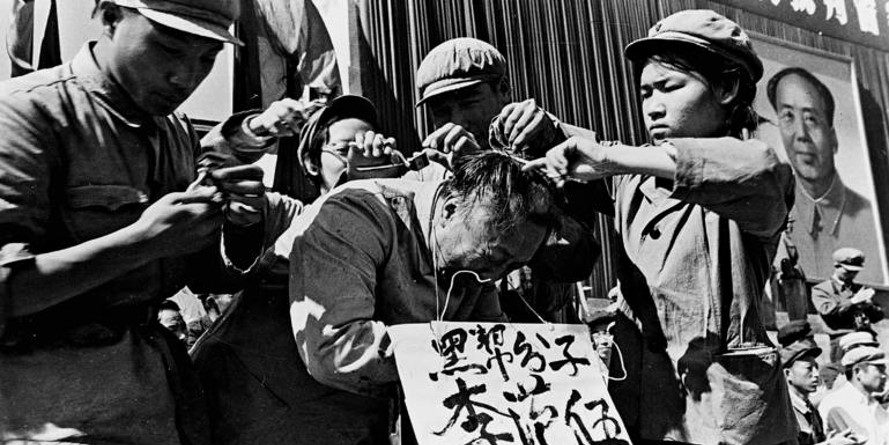The Case for Colonialism Revisited

There is probably no better time than now to revisit the phenomenal article by political scientist Bruce Gilley called “The Case for Colonialism.”
This powerful piece cut through the static of the so-called “decolonization” and gave the lie to much of the myth of the noble anti-colonial movements, whose triumph led to much suffering and death in the British, French, German, Belgian, Dutch, and Portuguese colonies from the early nineteenth to mid-twentieth centuries.
A political scientist at Portland State University, Gilley offers his perspective on the generally positive legacy of colonialism (compared to the miserable performance of corrupt post-colonial regimes).
It constitutes a valuable contribution to today’s public discourse, especially as much of that discourse masks the misery that has become synonymous with post-colonial independence in many parts of the world.
Dr. Gilley’s superb piece is newly relevant, given the newfound popularity of the regressive “decolonization” phenomenon. This is more a useful public demonstration trope than an actual intellectual position. Yet it finds increasingly firm purchase in that petri dish of so much blather—the American university—particularly among cargo cult aficionados more at home with fantasy than fact.
With respect to America’s universities, “decolonization” is the latest counter-Enlightenment, much akin to the Romantics reaction against the Enlightenment and their fears that it had prompted a “disenchantment of the world.” Decolonization is actually an “indigenous knowledges” proxy and a drive to reintroduce superstition, sorcery, and shamans into the university from which they were expelled 300 years ago.
This fashionable call for “indigenous” mysticism and magic, storytelling, and “ways of knowing” masks an affinity for primitive rituals over modern science and equates the “medicine wheel,” “dreamcatcher,” and “talking stick” with, say, the electron microscope, particle accelerator, or Newton’s Universal Law of Gravitation.
To “decolonize” the university means to embrace primitive concepts such as the “spirit wheel,” the “talking stick,” “dreams,” “sacred sacrifice,” “animism,” “fasts,” “sweats,” “vision quests,” all of which are finding their way back into the university under the rubric of “epistemology.” As in “tribal epistemology.”
We see the construction of a magical unenlightened world that is devoted to popularizing the potential of the lost worlds of “indigeneity.” This construct demonstrates the mystical transformative power of spiritual revelation, of human cognitive frailty that sees a primitive neolithic tipi of buffalo hide and interprets it as communing with nature, that sees a clumsy dancer festooned with feathers and interprets it as mystical communion with spirits.

Such dreamcatcher scholarship seeks to introduce magic spirits into the university under the guise of “indigenous research,” and it highlights the power of self-deception more than anything else.
Shunting aside the shrill anti-colonial tracts of Albert Memmi and Frantz Fanon and giving the lie to today’s fantasy confections of indigeneity, we find a world of refreshing progress under European colonialism.
[S]ignificant social, economic, and political gains under colonialism: expanded education; improved public health; the abolition of slavery; widened employment opportunities; improved administration; the creation of basic infrastructure; female rights; enfranchisement of untouchable or historically excluded communities; fair taxation; access to capital; the generation of historical and cultural knowledge; and national identity formation, to mention just a few dimensions.”
Here is Dr. Gilley’s article, which opens up a world of possibilities of progress and relief of modern miseries in the Third World.
READ Dr. Gilley’s article at Academic Questions

